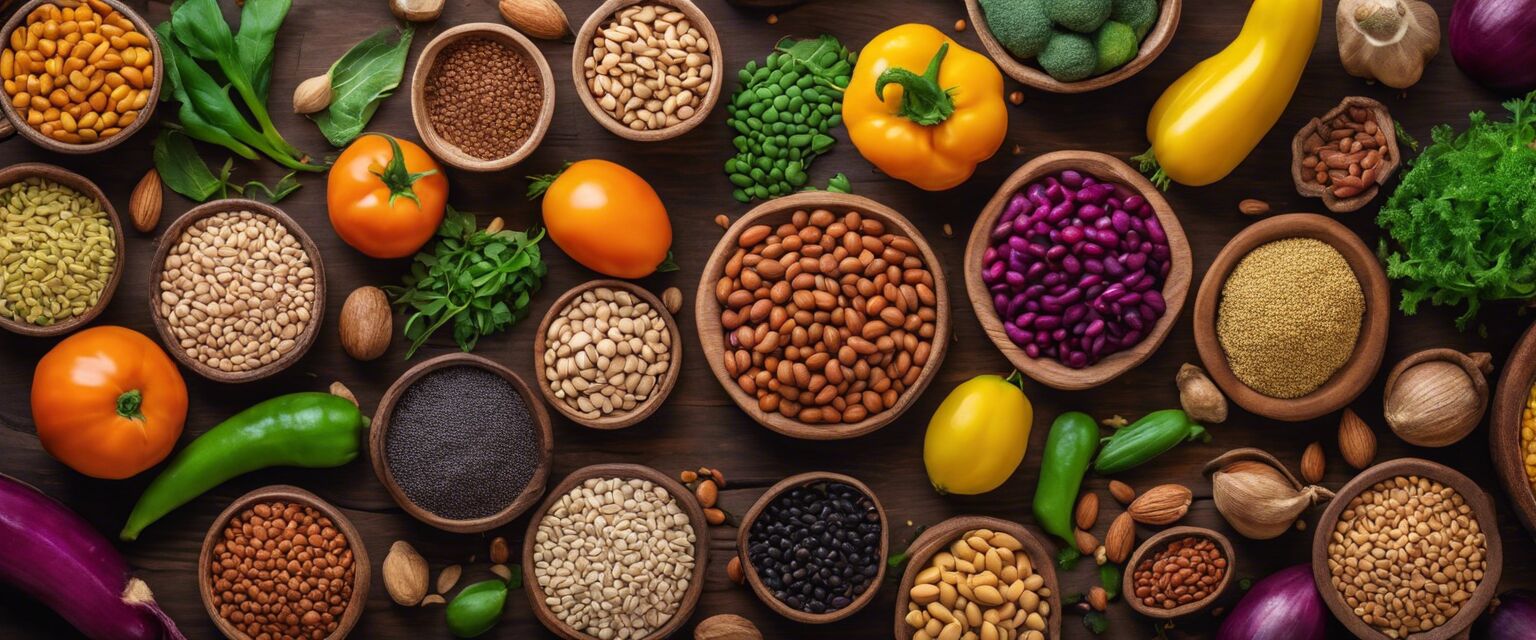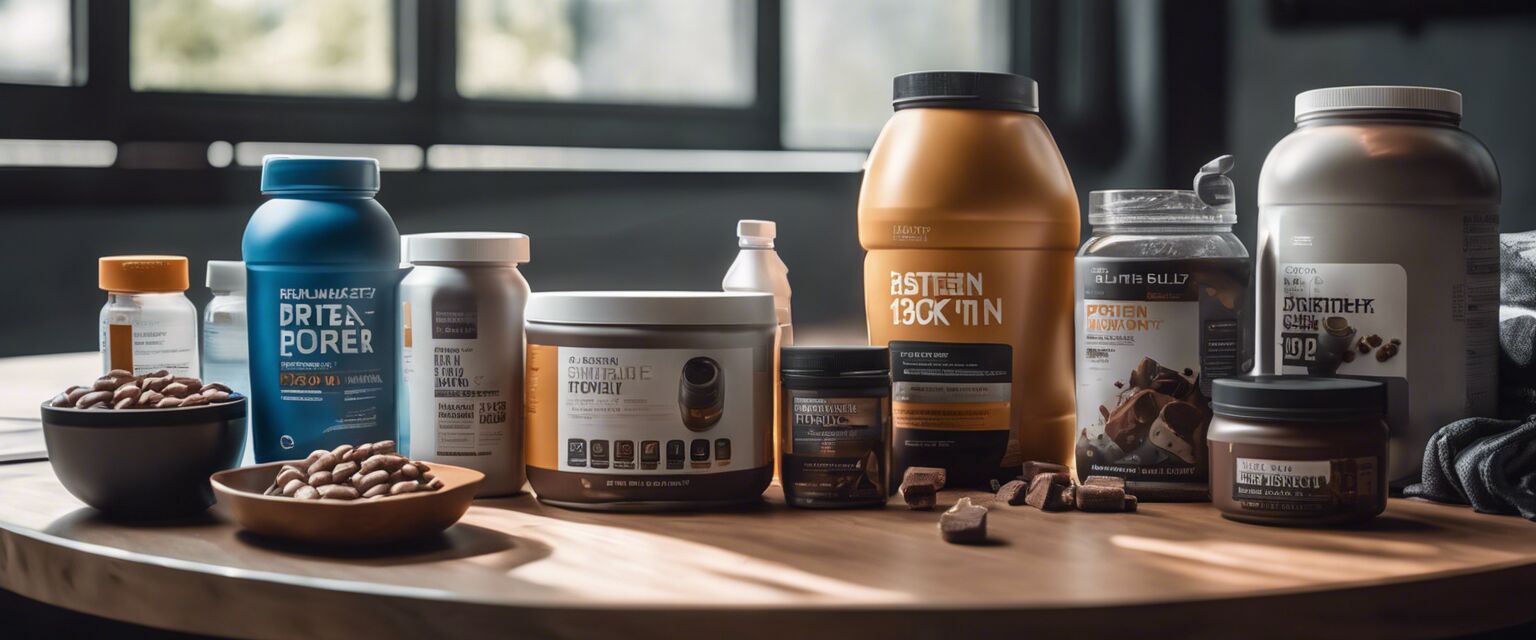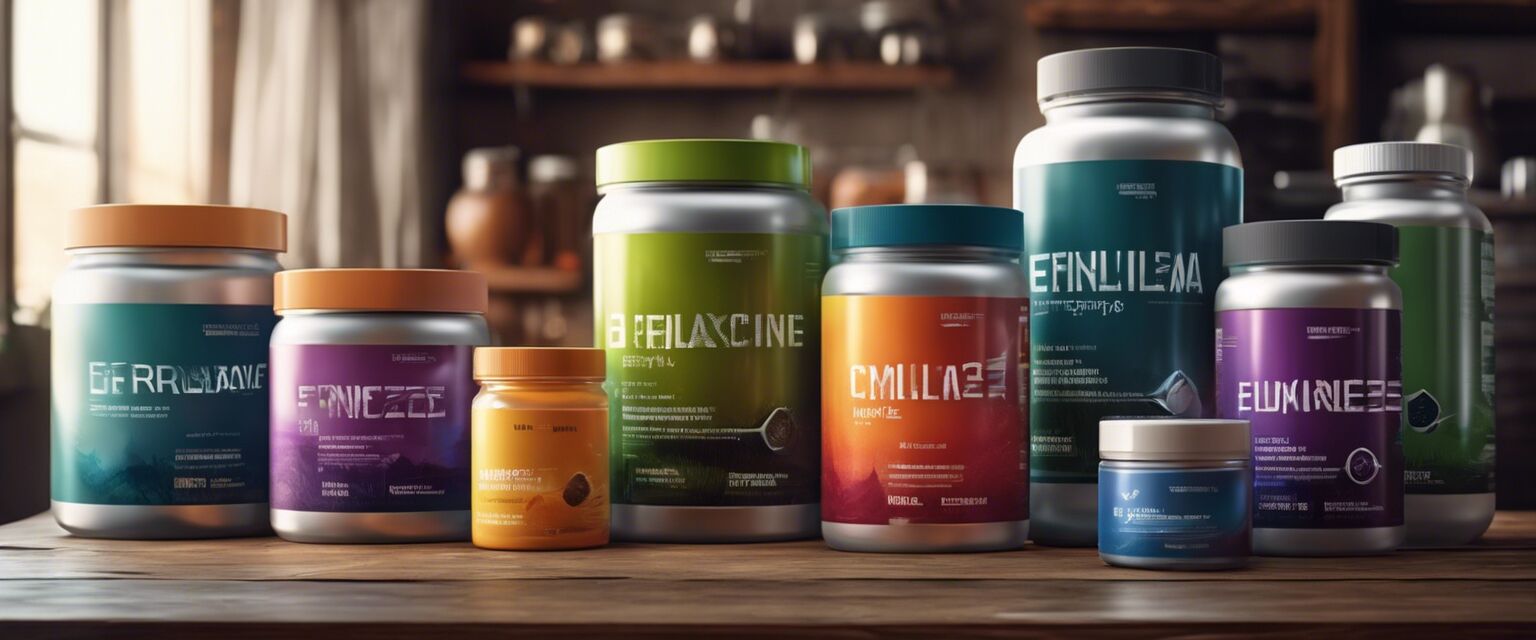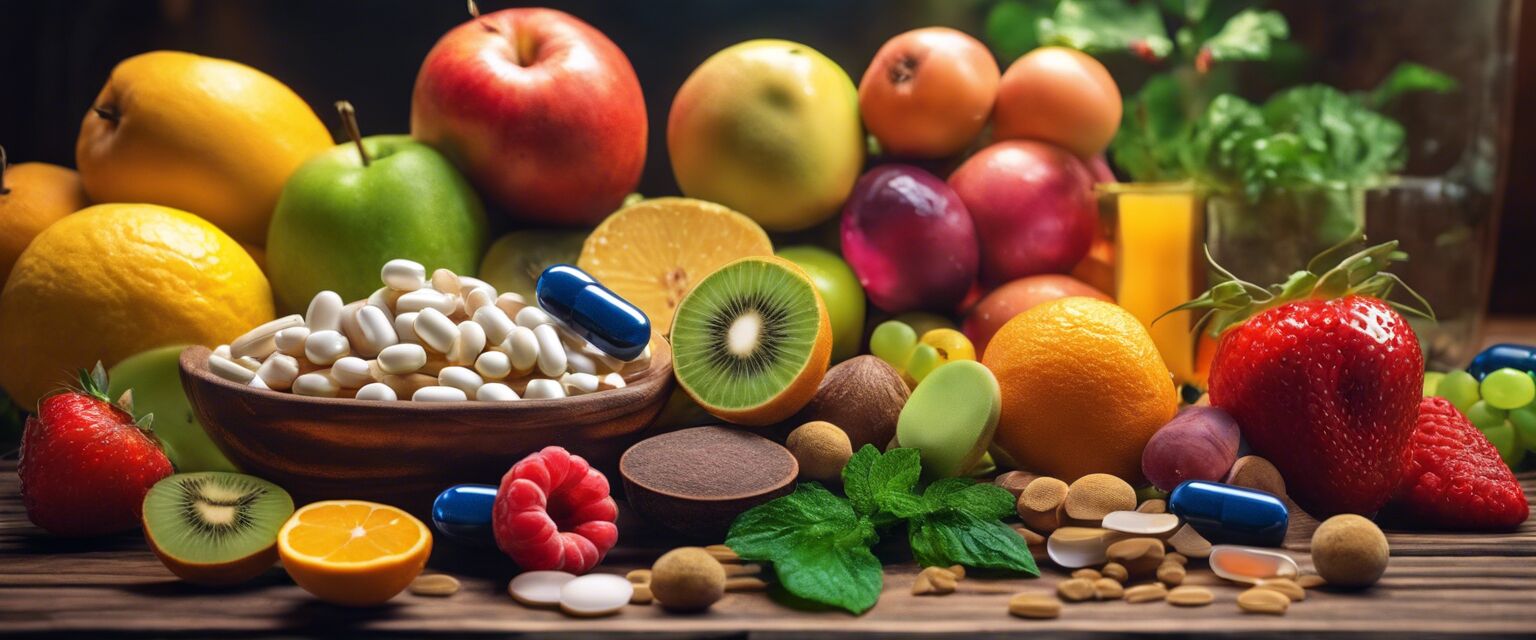
Plant-Based Nutrition for Female Athletes
Key Takeaways
- Plant-based diets can provide all necessary nutrients for female athletes.
- Protein sources include legumes, nuts, seeds, and whole grains.
- Meal planning and proper supplementation are essential for optimizing performance.
- Hydration and electrolytes are crucial for recovery.
As more women participate in athletic activities, understanding the nutritional needs specific to female athletes is essential. One effective approach is plant-based nutrition, which emphasizes whole foods and can offer numerous benefits for energy, recovery, and overall health. This article explores the essentials of plant-based nutrition tailored to female athletes, including protein sources, meal planning, and supplementation options.
Understanding plant-based nutrition
Plant-based nutrition focuses on whole, minimally processed foods derived from plants. This includes fruits, vegetables, whole grains, legumes, nuts, and seeds. Female athletes can enjoy a variety of meals that not only support their energy needs but also promote recovery and overall well-being.
The benefits of a plant-based diet for female athletes
- Improved energy levels
- Enhanced recovery times
- Lower risk of chronic diseases
- Increased intake of vitamins and minerals
Protein sources for female athletes
Protein is vital for muscle repair and growth, especially for athletes. Here are some excellent plant-based protein sources:
| Protein Source | Protein Content (per 100g) |
|---|---|
| Chickpeas | 9g |
| Lentils | 9g |
| Quinoa | 4g |
| Tofu | 8g |
| Chia seeds | 17g |
Incorporating protein into meals
To ensure adequate protein intake, consider the following meal ideas:
- Breakfast: Smoothie with spinach, banana, protein powder, and almond milk.
- Lunch: Quinoa salad with black beans, corn, diced peppers, and avocado.
- Dinner: Stir-fried tofu with mixed vegetables and brown rice.
Meal planning for performance
Proper meal planning is crucial for optimizing athletic performance. Here are some tips to get started:
Tips for beginners
- Plan meals ahead of time to avoid last-minute choices.
- Include a variety of colors on your plate for nutrient diversity.
- Prepare snacks in advance to maintain energy levels throughout the day.
- Stay hydrated by drinking water and incorporating electrolyte-rich foods.
Supplementation options
While a well-planned diet can cover most nutritional needs, some female athletes may require supplementation to ensure they meet their specific requirements:
| Supplement | Purpose |
|---|---|
| Protein powder | To increase protein intake post-workout. |
| Omega-3 fatty acids | To support joint health and reduce inflammation. |
| Vitamin B12 | To support energy metabolism. |
| Iron | To prevent anemia and support energy levels. |
Hydration and electrolytes
Hydration is crucial for all athletes. Female athletes, in particular, must be aware of their hydration needs:
- Drink water consistently throughout the day.
- Consider electrolyte drinks during intense training sessions.
- Include foods high in water content, such as fruits and vegetables.

Post-workout recovery
Recovery is as important as training. A proper post-workout meal can enhance recovery:
- Include a source of protein to aid muscle repair.
- Incorporate carbohydrates to replenish glycogen stores.
- Consider a recovery shake with fruits, a protein source, and greens.
Common challenges in plant-based nutrition
While plant-based nutrition can be beneficial, female athletes may face some challenges:
Pros
- Rich in nutrients and antioxidants.
- May lead to better performance and recovery.
- Supports long-term health.
Cons
- Potential deficiencies in vitamin B12 and iron.
- Need for careful meal planning.
- May require supplements for optimal performance.
Conclusion
Plant-based nutrition can significantly benefit female athletes, providing the essential nutrients and energy needed for optimal performance. By carefully planning meals and considering supplementation, female athletes can thrive on a plant-based diet. Remember to stay hydrated and listen to your body's needs to ensure your success in sports.

Explore more about sports nutrition
For additional insights and tips on sports nutrition for women, check out our other articles:







